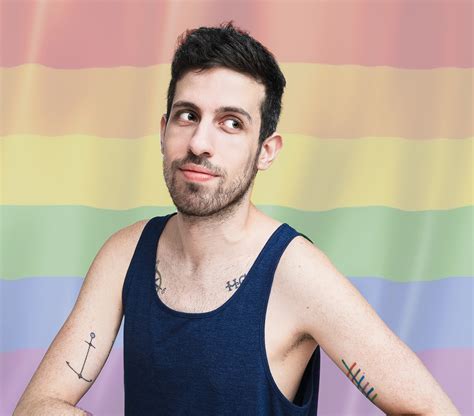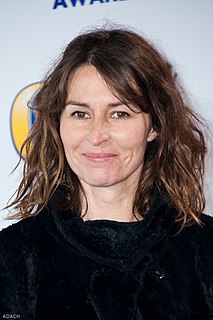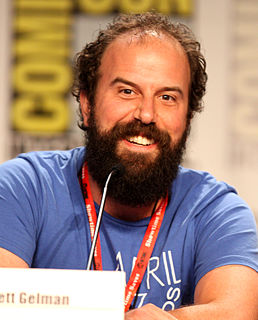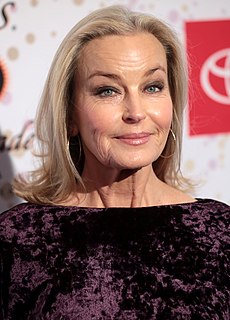A Quote by Adam Silvera
I'm always writing from some difficult place and seeing how the character survives... or doesn't.
Related Quotes
I love writing songs with people, which is about really taking risks, throwing yourself over the falls and really seeing what you're made of and seeing how it sticks. Seeing how others react to it, and seeing also how it can become a melody and how it can really take off from your experience. It's a way of seeing life unfold on the page before me.
Becoming the character you are playing might work for some, but for me, it doesn't. I always maintain a gap between myself and my character because if I will go so deep into it, it will get difficult for me to come back. You should work towards understanding the psyche of your character and then play it.
When you are writing, you have to love all your characters. If you're writing something from a minor character's point of view, you really need to stop and say the purpose of this character isn't to be somebody's sidekick or to come in and put the horse in the stable. The purpose of this character is you're getting a little window into that character's life and that character's day. You have to write them as if they're not a minor character, because they do have their own things going on.



































